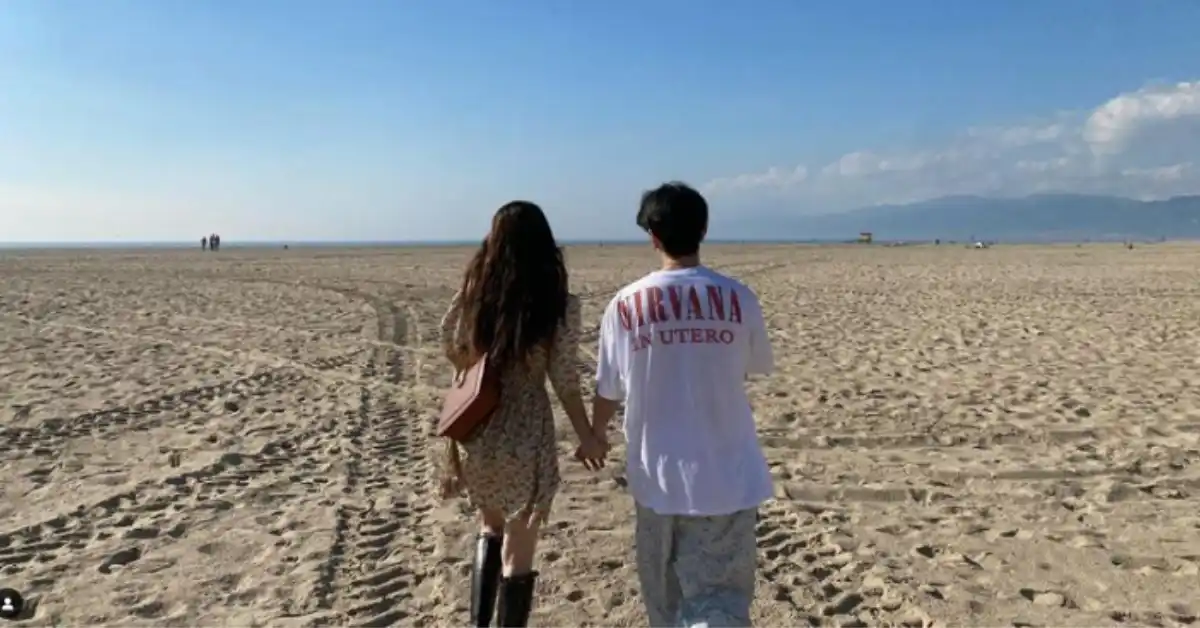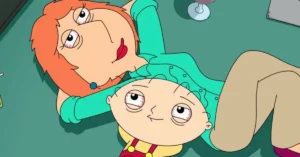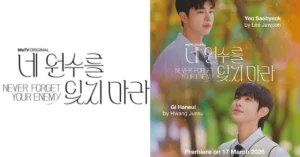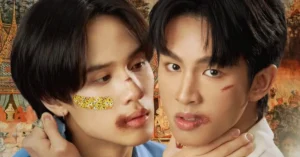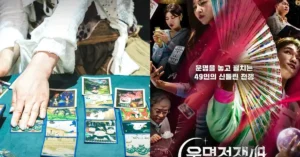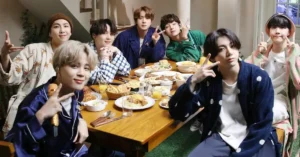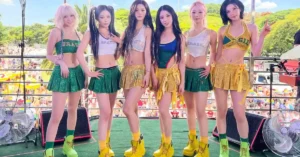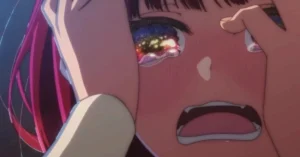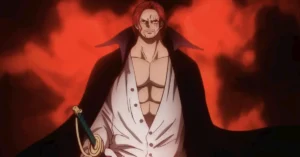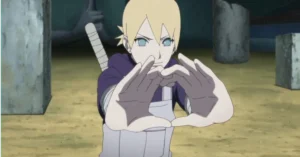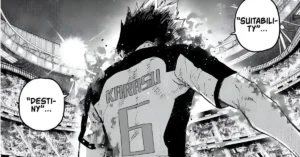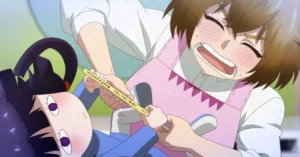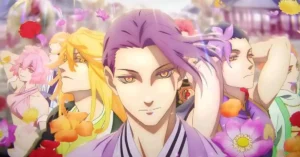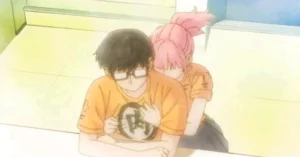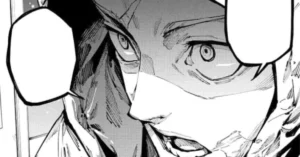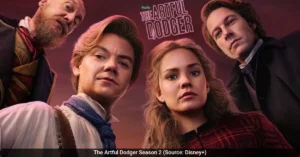In the fast-paced world of K-pop, the revelation of romantic relationships often sparks heated debates, with fans questioning whether it enhances or harms the artists’ reputations. The latest spotlight is on solo artist HyunA, who allegedly shared a romantic moment with former HIGHLIGHT member Yong Jun-hyung, reigniting the age-old discussion.
HyunA’s Instagram post, featuring her and Yong Jun-hyung holding hands at a beach, fueled speculation about a potential romance. While the duo hasn’t confirmed their relationship, fans are convinced, citing previous online posts of their visits to local restaurants.
This isn’t the first time HyunA has faced public scrutiny for her love life. In 2018, she publicly announced her relationship with Dawn, a member of PENTAGON, leading to their expulsion from Cube Entertainment. The aftermath impacted PENTAGON’s promising future, with Dawn’s departure addressed on “Road to Kingdom” in 2020.
Now, concerns arise among HyunA’s fans about her potential association with Yong, especially given his controversial past. In 2019, Yong was involved in a scandal related to sharing illicitly recorded videos, a part of the infamous “Burning Sun scandal.” Fans flooded HyunA’s post with discomfort, expressing concern about her connection with someone embroiled in moral controversy.
The impact of public relationships on K-pop stars’ careers is a matter of debate. While attitudes have become slightly more lenient in recent years, the disclosure of romantic connections can still have detrimental effects. Music critic Jung Min-jae notes the meticulously crafted images of K-pop idols, emphasizing the profession’s focus on projecting a glossy facade.
“Being an idol is a job that involves creating and selling images that diverge from reality. Fans appreciate glimpses of the human side but prefer not to delve into details, such as personal habits or love lives,” Jung stated.
The challenges escalate when a star’s romantic involvement with someone embroiled in moral controversy becomes public. Devoted fans, particularly in Korea, where moral expectations for celebrities are stringent, express opposition. Jung explains that fans might contemplate parting ways with their beloved idol upon learning about a relationship with someone involved in moral issues.
In the ever-evolving landscape of K-pop relationships, the debate continues. Until the 1990s and even into the late 2000s, acknowledging romantic relationships was almost taboo. Fans found it repellent, but attitudes have shifted, acknowledging idols’ right to have a love life as long as it doesn’t disrupt their professional activities.
However, the media’s constant linking of idol couples in articles and television shows shifts the focus toward the romantic aspect rather than the artist’s recognition. The potential harm to careers is evident when relationships become public, and fans express their opposition.
So, HyunA’s alleged romance with Yong Jun-hyung has reignited the debate on whether openness about love life enhances or harms K-pop stars’ reputations. The impact remains uncertain, but the scrutiny and concerns from fans highlight the delicate balance idols must navigate in their personal lives while maintaining their carefully crafted public images.

